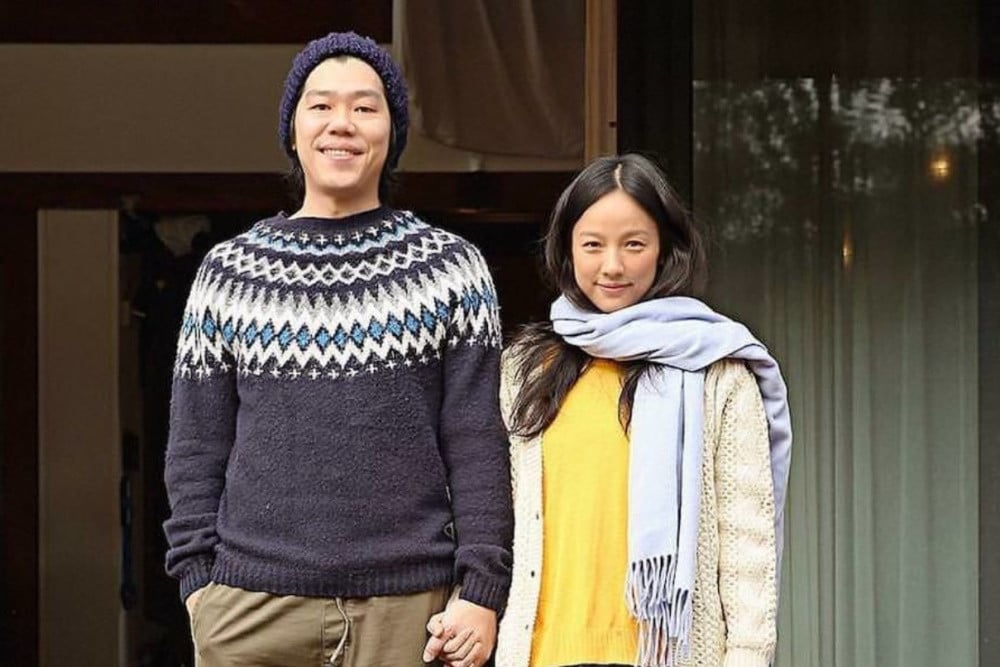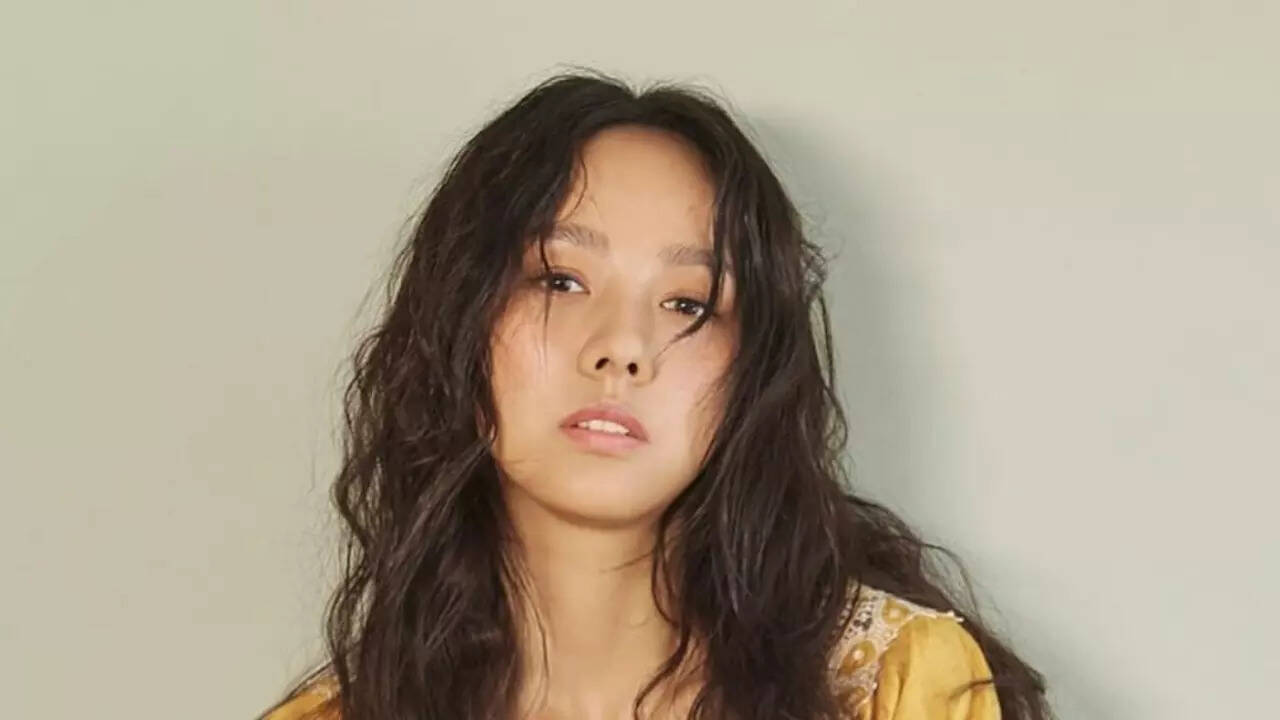Lee Hyori Returns to Seoul: Candid on Mental Health

After years of island life in Jeju, K-pop icon Lee Hyori has resettled in Seoul—and she’s refreshingly honest about the transition. In recent remarks, Hyori described a “down period” after the move, missing Jeju’s slow rhythm before finding a new balance in the city. It’s a vulnerable update from a star fans have grown up with, and it sets the tone for her quieter, more intentional 2025.
Hyori says the early weeks in Seoul felt overwhelming: tighter schedules, constant traffic, and less space to breathe. The mood dip, she notes, passed gradually as she rebuilt routine, leaned on husband Lee Sang-soon, and embraced a slower, selective approach to work.
Instead of a packed slate, Hyori is choosing projects carefully and spending more time at home—with family and the pets fans know well. Think low-key appearances, more music and creative planning on her own terms, and fewer variety show marathons. It’s the grounded Hyori of the Jeju era, reframed for city life.

This reset hasn’t dimmed her social conscience. Hyori and Lee Sang-soon recently donated ₩200 million to The Beautiful Foundation to support young adults transitioning out of institutional care. The funding helps with essentials like education, skills, and job readiness—practical aid for a vulnerable group often overlooked after age-out.
A first-gen icon with lasting influence
Hyori helped define the modern K-pop playbook twice: first with Fin.K.L in the late ’90s, then as a solo star who made female idol power feel mainstream. Her “Hyori syndrome” era blended fearless stagecraft, trend-setting fashion, and a candid, witty TV persona—showing idols could be glamorous and human at once. That blueprint—own the stage, own your image, then widen your impact through variety, reality, and philanthropy—still shapes how younger soloists brand themselves today.

Hyori’s rise began with Fin.K.L’s late-’90s chart streak (“To My Boyfriend,” “Eternal Love,” “Now”), before her solo breakout turned the 2000s into a highlight reel. “10 Minutes” became a cultural moment, followed by crowd-moving anthems like “U-Go-Girl,” “Chitty Chitty Bang Bang,” and “Bad Girls.” Even in the 2020s, she proved cross-generational pull with project hits that again topped Korean charts—evidence that few K-pop figures command longevity like Lee Hyori.












